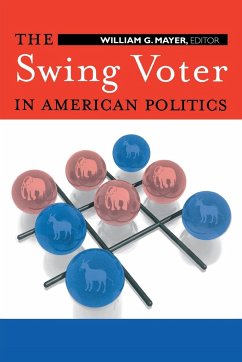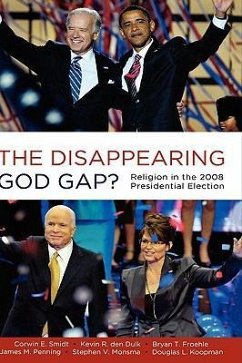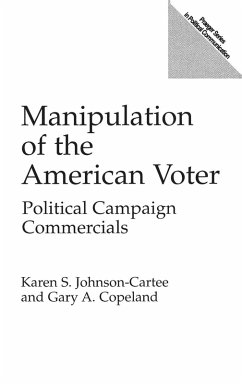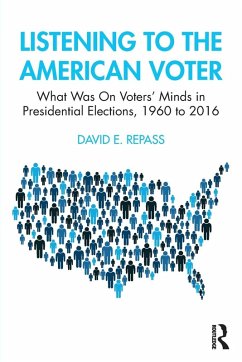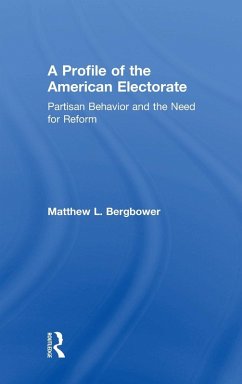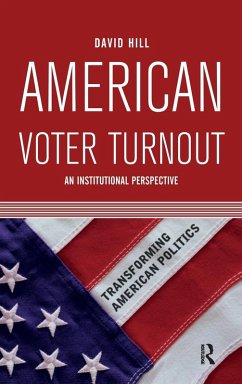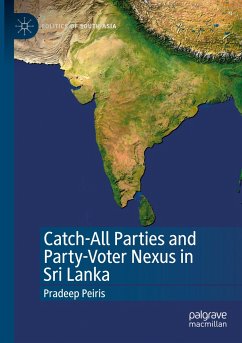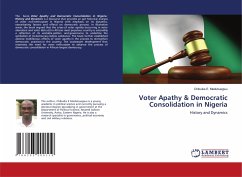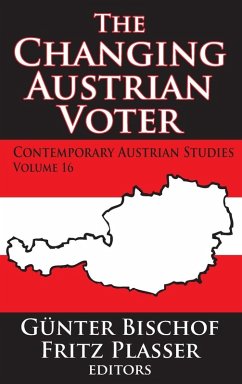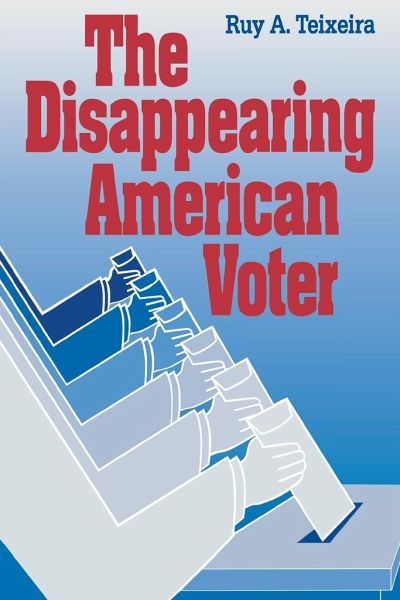
Disappearing American Voter
Versandkostenfrei!
Versandfertig in 1-2 Wochen
28,99 €
inkl. MwSt.
Weitere Ausgaben:

PAYBACK Punkte
14 °P sammeln!
" The right to vote is the cornerstone of democracy. To millions around the world who have fought for that right, it is considered a privilege. Yet the magnitude of nonvoting in America is staggering. More than 91 million Americans did not vote in 1988, putting voter turnout at barely half of the voting-age population. This situation has stirred much comment and debate across the political spectrum, raising several questions: Why is voter turnout generally so low? Why has it declined steadily over the past three decades? Does low and declining turnout significantly bias the nature of contempor...
" The right to vote is the cornerstone of democracy. To millions around the world who have fought for that right, it is considered a privilege. Yet the magnitude of nonvoting in America is staggering. More than 91 million Americans did not vote in 1988, putting voter turnout at barely half of the voting-age population. This situation has stirred much comment and debate across the political spectrum, raising several questions: Why is voter turnout generally so low? Why has it declined steadily over the past three decades? Does low and declining turnout significantly bias the nature of contemporary U.S. politics? And what, if anything, can be done to increase voter participation? In this book, Ruy Teixeira addresses each of these question in detail in an effort to provide policymakers and the general public with a clearer view of the problem and possible solutions. The author's interpretations and recommendations are both provocative and firmly based on currently available data. Teixeira includes an assessment of current registration reform legislation and shows why a combination of registration reform and political reform is necessary to fully reverse the nonvoting trend and move to substantially higher turnout levels. He points out that while it is unlikely U.S. voter turnout will ever approach levels in Sweden, Australia, and Belgium-which are about 90 percent-with a thorough reform program, levels of around 70 percent, such as those in Japan and Canada, may be attainable."





